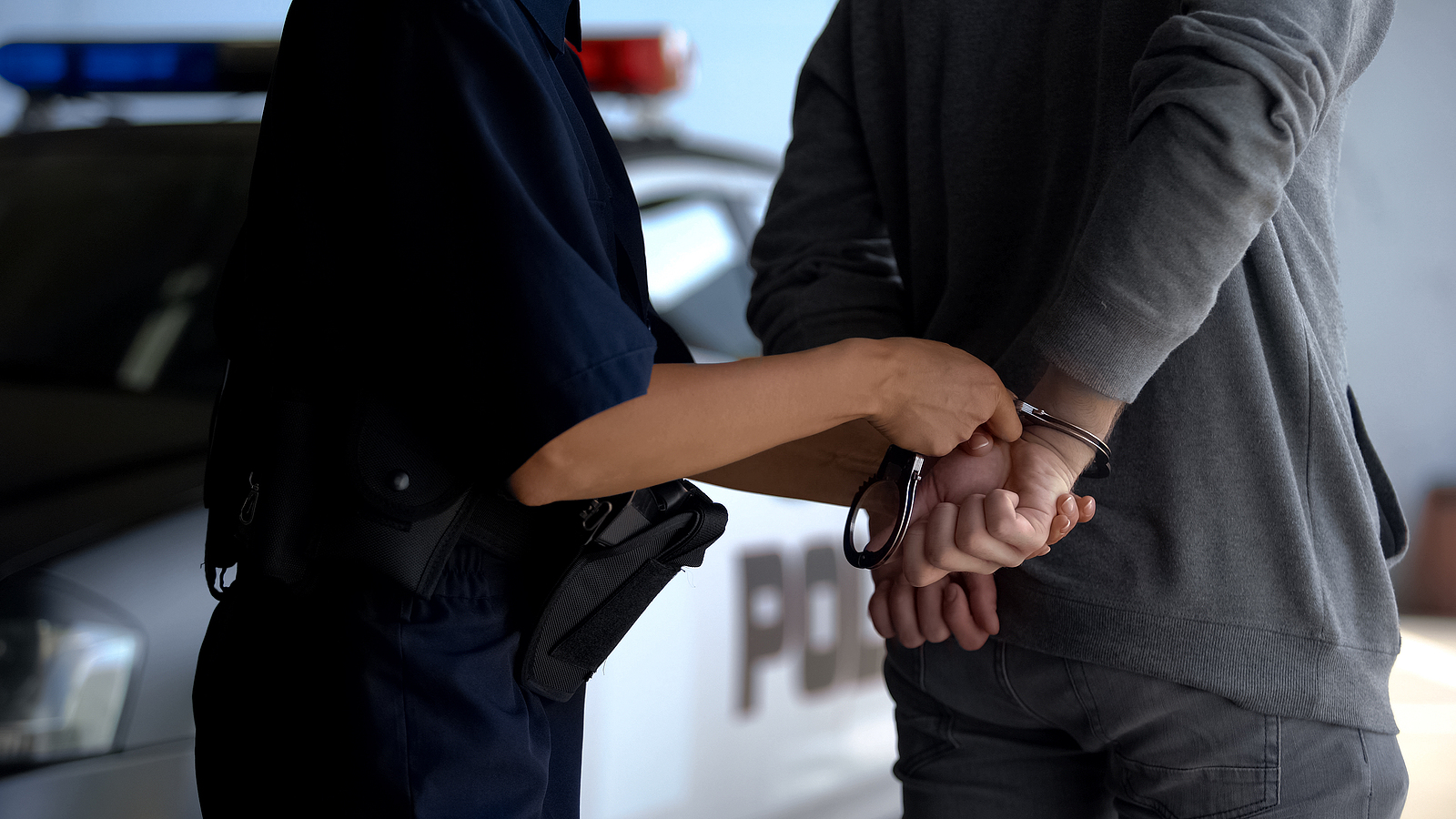Being Stopped By Police
We understand how frustrating it can be to be stopped by the police. Many of us have never experienced it before, and it can be scary, frustrating, and overwhelming all at once.
One of the main things you can do to ensure your safety and the safety of others is to show your hands and follow orders that the police ask of you. Stop your car once you see police lights pull over to a safe location, and turn on your interior light if it’s after dark. Most officers will conduct a patdown to ensure that you don’t have weapons on you that may be a safety risk.
You will typically be asked at this time to provide identification, registration for your vehicle, and proof of insurance. It’s part of the law to have this information on you and identify yourself as necessary to the police. You can be arrested if you refuse to identify yourself and officers reasonably believe you were part of a crime that occurred.
You can ask if you are free to leave or if you are under arrest. If you are under arrest, you will be read your Miranda Rights, and you can choose to remain silent rather than continue conversing with the officers.
You do not have to consent to searches of your car, phone, or belongings; officers are only permitted to check these items if you allow them to.
Ask For a Lawyer Immediately
If you are arrested, you have the right to request a lawyer immediately. By doing so, you can ensure that you are not inadvertently placing yourself in more trouble by answering questions without a lawyer present or providing more information than is legally necessary.
Your lawyer can help determine what the charges are and if you are free to go or not and become your ally from the beginning of the process.
What if a Police Officer Comes to My Home?
You don’t have to let a police officer into your home if they arrive without a warrant. You don’t have to allow them onto your deck, porch, or garage without a warrant. It may be best to step outside your home and close the door to speak with the officers.
If the officers have a warrant, ask that they present it to you. You have the right to remain silent even with a warrant. It’s important to note that only the items listed on the warrant are to be searched, such as a suspect or specific items in your home to be searched. Take your time to read through the warrant and understand what they will be searching for.
Should I Take a Video of Interactions with Police?
Some may feel safer by taking a video of their interactions or during an arrest. You have the right to do so as long as you are not interfering with what the officers are doing. Officers can not take your equipment from you to stop you from videoing, nor can they demand to see the footage without a warrant.
If You Refuse To Be Searched
If you refuse the officers the right to search you, your car, or your house, and they do so without a warrant, you should clearly state that you do not consent to the search. Keep calm and comply with their requests rather than becoming belligerent or forceful, which could result in charges against you.
Evidence found during an illegal search is typically irrelevant and can’t be used against you. Try to remember every detail that is happening, as well as the officer’s name or badge number, so you can relay this information to your lawyer when you speak with them.
Document everything you remember right away to keep the facts clear. Take pictures of where you were when arrested if you can, speak with any eyewitnesses that may have been present, and any other relevant information that you can think of or that your lawyer asks of you.
Appearance in Court
If you are arrested, the judge will hold a ‘probable cause” meeting to ensure the officers have probable cause to arrest you. You may not be required to attend this hearing, and the judge may disclude you from this hearing. The first appearance before a judge may be your initial appearance, which you are entitled to have within 72 hours of your arrest. At this time, you have a right to be represented by a lawyer, and it’s in your best interest to work with one to avoid inadvertently placing yourself under more speculation.
Even if you can’t afford a lawyer, one may be appointed for you at little or no cost. The judge should explain this to you before you plead guilty or not guilty to the charges. If you wish to have a lawyer, this portion of the hearing is put on hold until you can attain one, provided you requested a lawyer while under oath.
Hire a Legal Ally Immediately
No matter how severe the charges are, if you are arrested, it can be overwhelming. You don’t have to, and you shouldn’t enter this process without the protection of an attorney. Remain silent other than answering basic questions and request that you contact your lawyer and that they be present before you answer any further questions.
Incriminating yourself for charges you didn’t deserve is one of the worst things you can do for your future. Request a lawyer, contact one you trust, and wait until they arrive to determine your best next steps.
Contact our office today at (318) 594-3592 to learn how we can best assist you.


 Call Us Now
Call Us Now Email Us Now
Email Us Now




